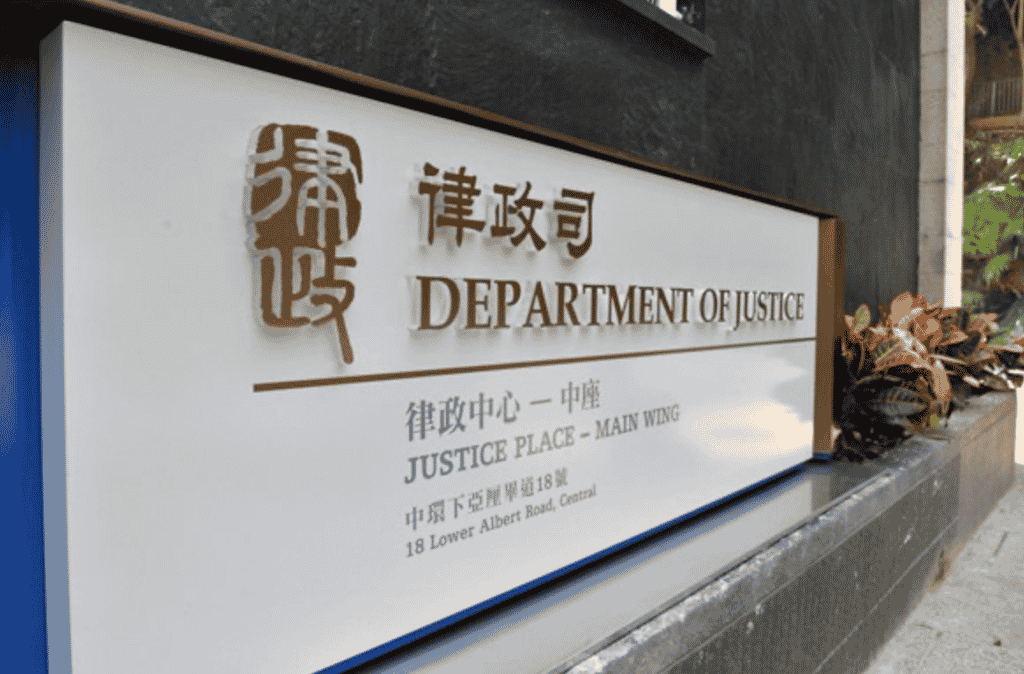"Governance and Political System" Thematic Research Series
Good public governance relies on outstanding talents performing their respective duties and exerting leadership skills in their posts to improve people's livelihood and lead society forward. Societies and governments everywhere attach great importance to the management of talent pools in order to consolidate their talent pool and ensure that governance work can carry forward the past and build upon the future.
Since Hong Kong's return of sovereignty in 1997, the country has implemented the policy of "one country, two systems". Hong Kong society has always been in demand for governance talents. Chief Executive of the SAR, Mrs Carrie Lam Cheng Yuet-ngor, has repeatedly stressed the importance of good governance1, the current government has also proposed a number of arrangements with new governance trends.
However, the development of Hong Kong society has become more and more complex, and the public's expectations of governors have become higher and higher, making governance work more difficult. In an international survey, Hong Kong's ranking in the field of government governance dropped from 6th in 2009 to 27th in 2017. An earlier survey by the "Youth Innovation and Research Base" also found that 34% of the young people surveyed believe that Hong Kong lacks enough talents to serve as accountable officials2 . Hong Kong society has its own urgency in cultivating governance talents.
Young people are the new force of future governance talents. This study draws on relevant experiences in some overseas places to explore the important factors that influence them to join the ranks of government governance from the perspective of young people. Through interviews with experts, it is hoped to provide feasible suggestions on the direction of cultivating governance talents in Hong Kong; I believe this will help Young people actively play a role in participating in society and bring inspiration to the SAR government in promoting good governance.
This study collected data from June to July 2018 through several aspects, including a youth field opinion survey, in which a total of 520 young people aged 18-34 were interviewed, 22 young people participated in focus group interviews, and 5 expert interviews were conducted .
Main results of the study
- Hong Kong needs more talents who are willing to participate in governance. Training is not something that happens overnight. Talent reserves and providing experience opportunities are both essential.
- Management talents can be developed through cultivation and training. Hong Kong society has certain advantages in cultivating relevant talents; only by further developing the soil and providing appropriate irrigation can it bear fruit.
- Society has expectations for the ability and quality of management talent. Governance work is becoming increasingly arduous, and those who are willing to participate are bound to encounter setbacks in the process. It is worth thinking about how much tolerance or patience society is willing to pay to cultivate governance talents.
- Young people have different preferences for participating in governance. For the younger generation who are interested in participating in governance, career aspirations and development opportunities should be established for them, and resistance should be removed to help them play an active role in participating in society.
- The existing political appointment system is positive in cultivating governance talents, but it has shortcomings and should be improved.
- The inheritance of governance experience is very important. To cultivate talents, we must use effective and systematic methods to inherit wisdom and experience.
Research main recommendations
- To increase young people's understanding of governance work and related career prospects as early as possible at the secondary school level.
- Provide systematic and in-depth internship opportunities for college students.
- Inherit the governance experience and insights of retired officials.
- The Policy Innovation and Coordination Office regularly holds policy exchanges or seminars.
- Strengthen the participation of administrative officers in secondment schemes in public and private sectors.
- Expand the scale of the existing political appointment system.



